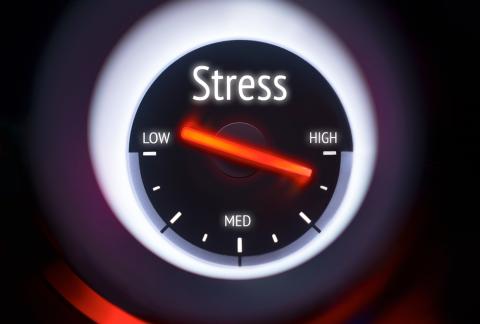Physios are increasingly expected to work in cramped spaces or with inadequate equipment and welfare facilities, but there are things you can do

On this page:
Inadequate work spaces
Working in cramped spaces or with inadequate equipment can lead to upper limb disorders and stress. If there is clutter due to limited space, there is also a risk of tripping accidents.
If this is the case in your workplace, there are things you can do.
For more information, see our section about stress linked to uncomfortable or inadequate work environments.
If you are concerned, get together with your colleagues or your CSP safety rep and consider asking management to undertake a risk assessment of the work area.
Become a CSP safety rep
If there isn't one in your workplace, consider becoming a safety rep.
The minimum amount of space staff should have to work in is laid down by law.
The CSP also gives specific advice on how you can challenge the loss of physio and rehab space in NHS premises.
Inadequate welfare facilities
Do you find there is nowhere to eat away from your workstation? Or nowhere secure to store your non-work clothing?
You are entitled by law to a range of such welfare facilities in your workplace, including:
- a readily accessible supply of drinking water and a supply of vessels/cups to use to drink it
- suitable facilities for you to rest and eat meals that are readily accessible but away from your working environment
- secure facilities to store your clothing when you have to change into a uniform for work
- suitable and sufficient toilets and washing facilities that are readily accessible
More detail on how rights to welfare facilities should be applied in healthcare settings is set out in guidance from the NHS Staff Council, which can also be used outside the NHS.


